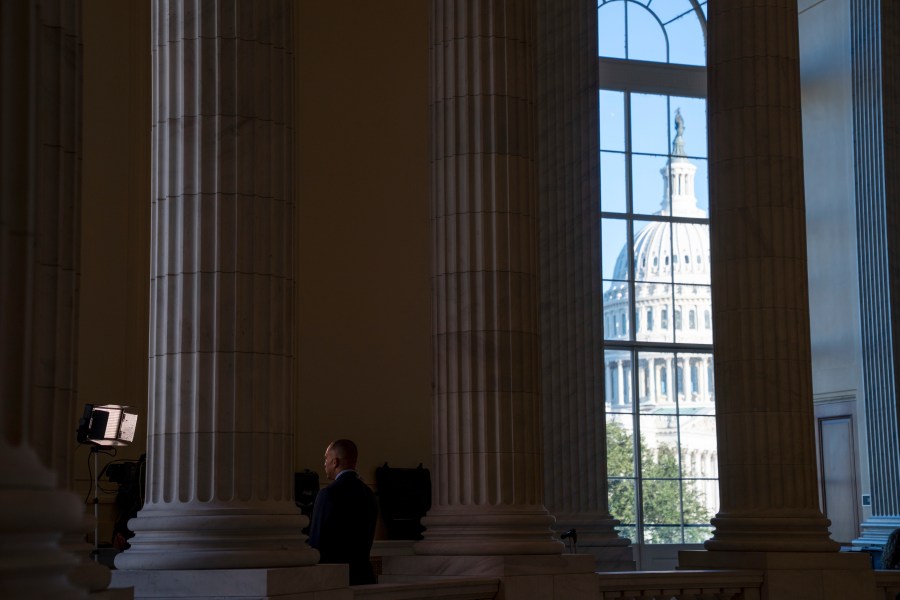
The government shutdown that began on September 30, 2023, is having a significant impact on services and residents in Virginia. While the shutdown has caused disruptions across the United States, Virginia’s situation is particularly acute due to the state’s reliance on federal funding and the presence of numerous federal employees.
Virginia’s House delegation attempted to avert the shutdown by passing a funding bill. Every Republican member supported this initiative, underscoring their commitment to maintaining government operations. Despite these efforts, Democrats in Congress did not reach an agreement to keep the government funded, resulting in the current impasse.
Impacts on Local Services and Federal Employees
As the shutdown continues, local services in Virginia are beginning to feel the strain. Federal programs that provide essential support to communities, such as social services, housing assistance, and public health initiatives, are experiencing delays or complete halts. The longer the shutdown persists, the more pronounced these effects will be on Virginia residents who rely heavily on these services.
Additionally, the shutdown has placed federal employees in a precarious position. Many are facing uncertainty as they remain furloughed or work without pay. According to estimates, approximately 200,000 federal employees live in Virginia, and the financial strain is already impacting their families and local economies. Local businesses that rely on the spending power of these employees are also feeling the pressure, leading to a ripple effect throughout the community.
Political Response and Future Outlook
The political landscape in Virginia is reacting to the shutdown with leaders from both parties advocating for a swift resolution. Governor Glenn Youngkin has called for bipartisan collaboration to restore funding and support for affected services. He emphasized the need for immediate action to mitigate the fallout on Virginia’s economy and public welfare.
Despite these calls for unity, tensions remain high in Congress. The failure to agree on budgetary issues reflects deeper ideological divides, particularly on spending priorities and fiscal responsibility. With the deadline for a long-term solution looming, Virginia’s leaders are urging their congressional representatives to return to the negotiating table.
As the situation develops, the consequences of the government shutdown will continue to unfold in Virginia, impacting both residents and local economies. The urgency for a resolution cannot be overstated, as every day brings new challenges for those affected by the lack of federal funding.






